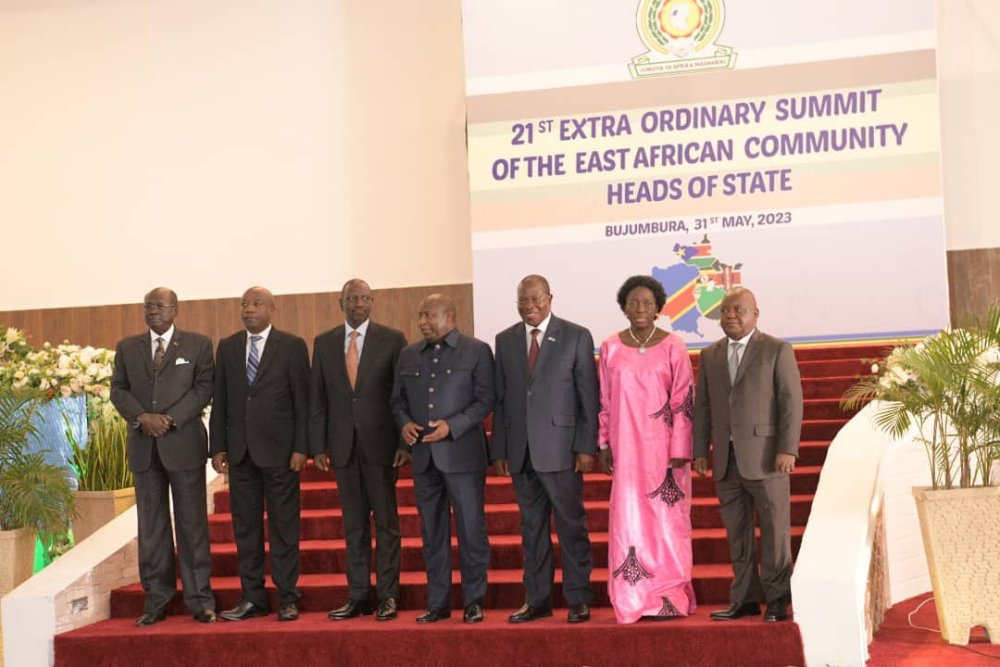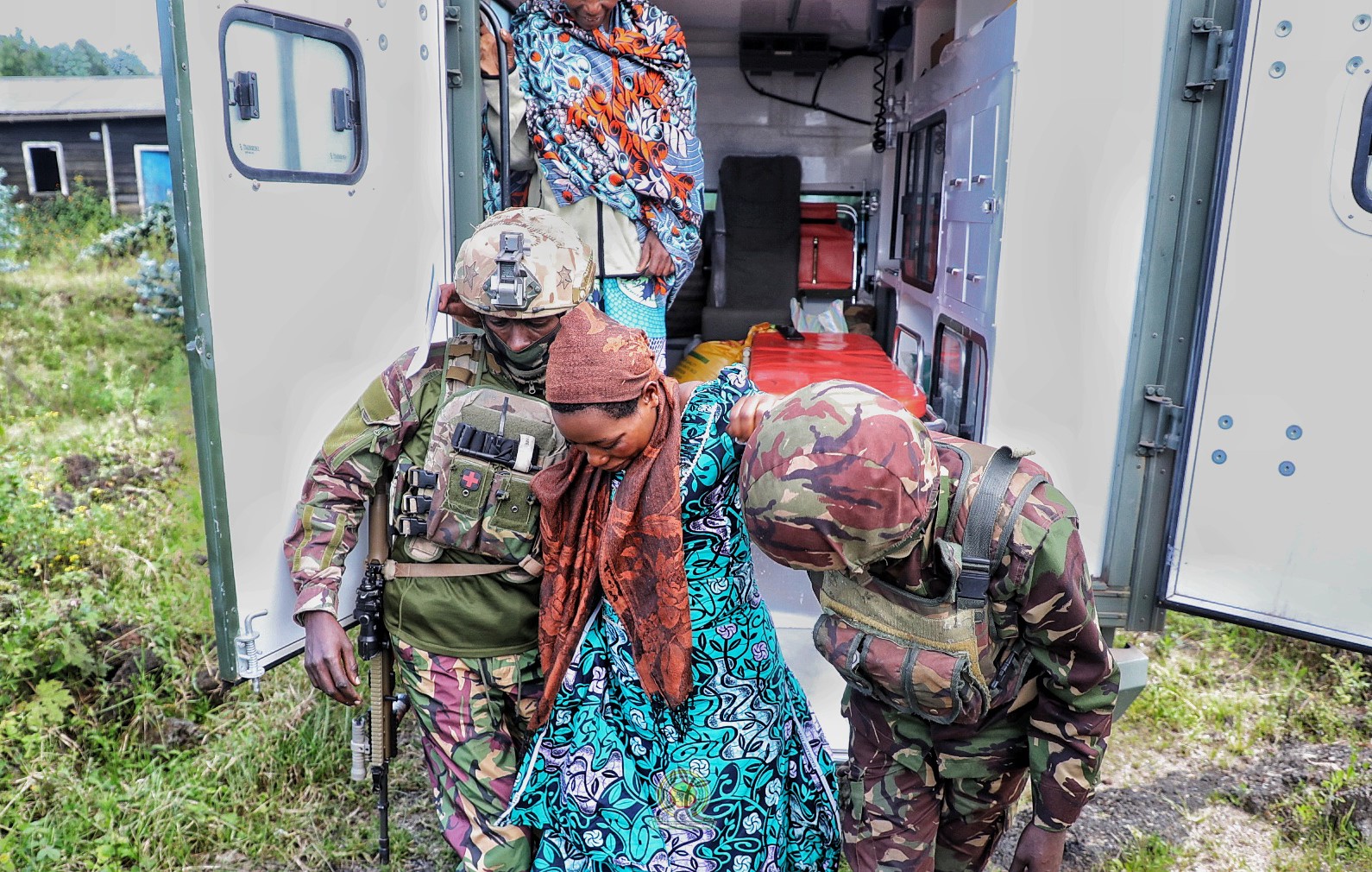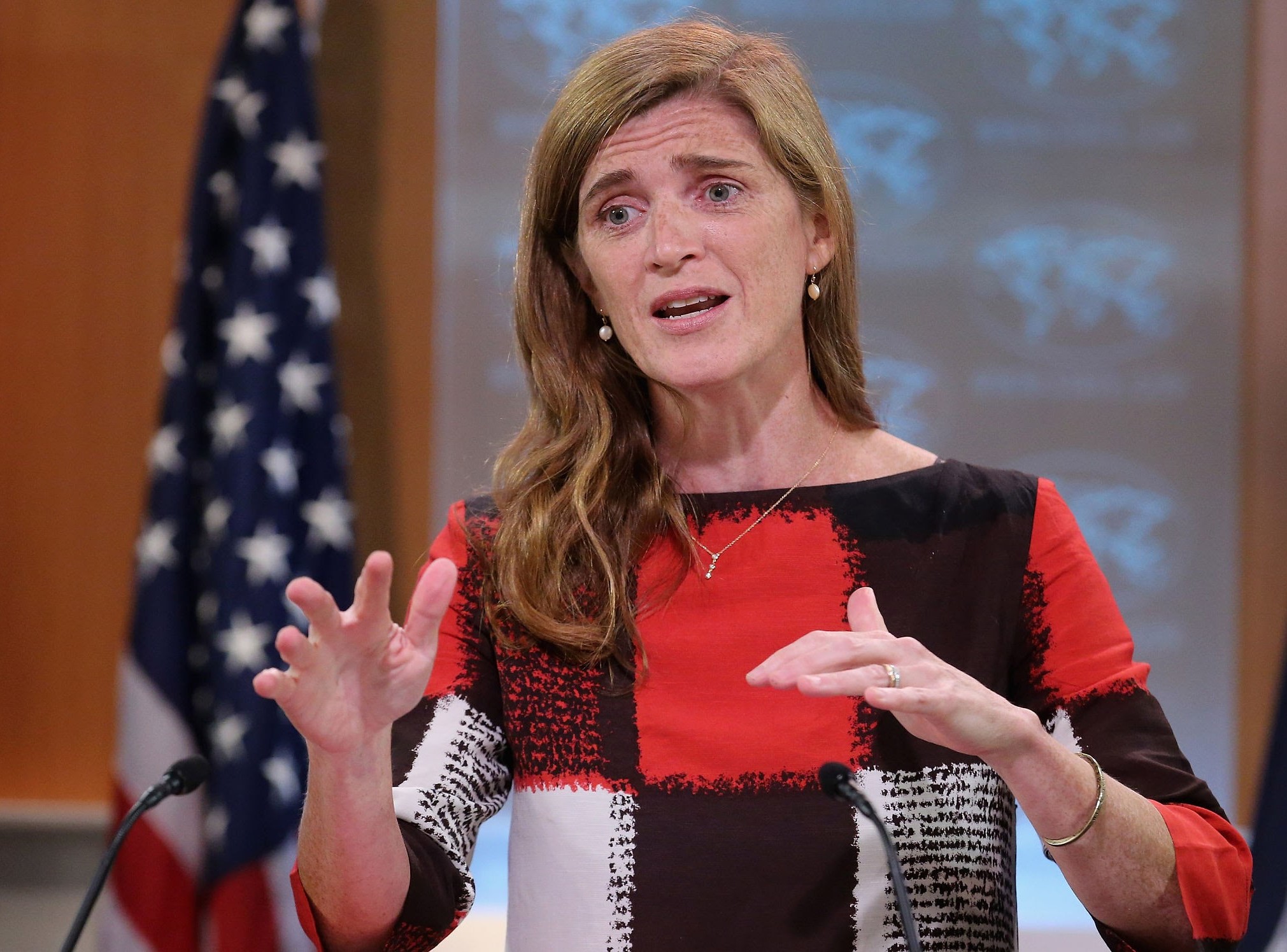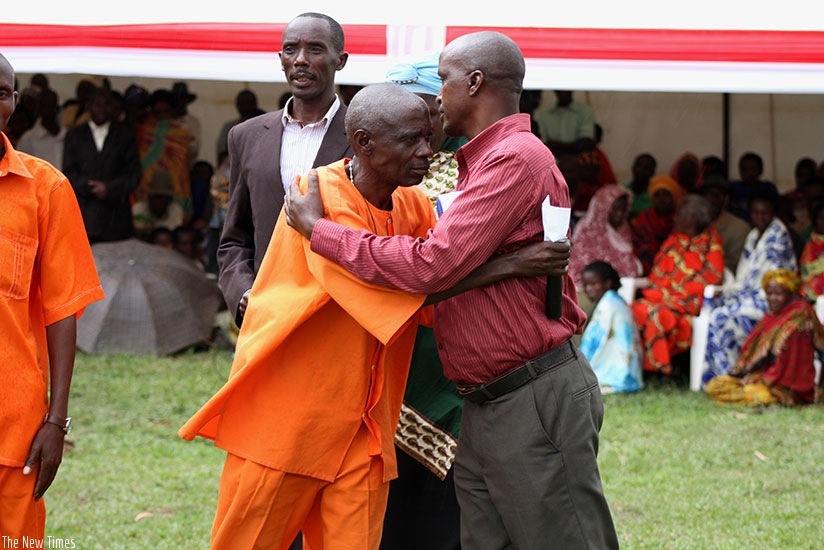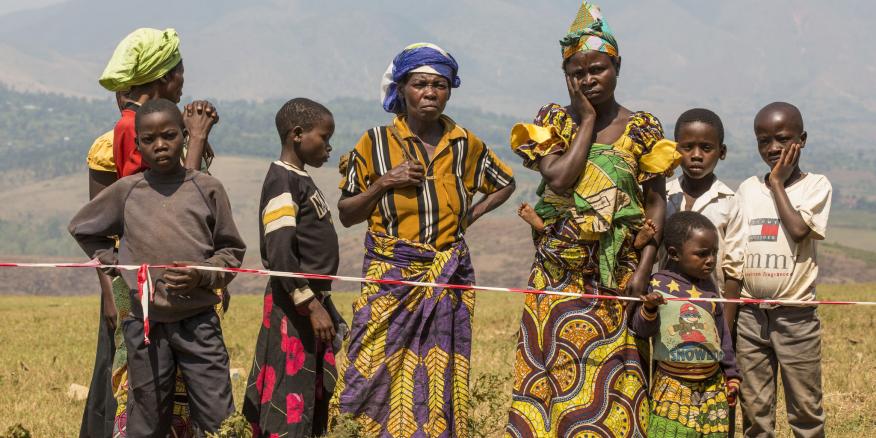Regional
DRC: Tshisekedi behind insecurity in Bandundu; fueling Teke, Yaka conflicts
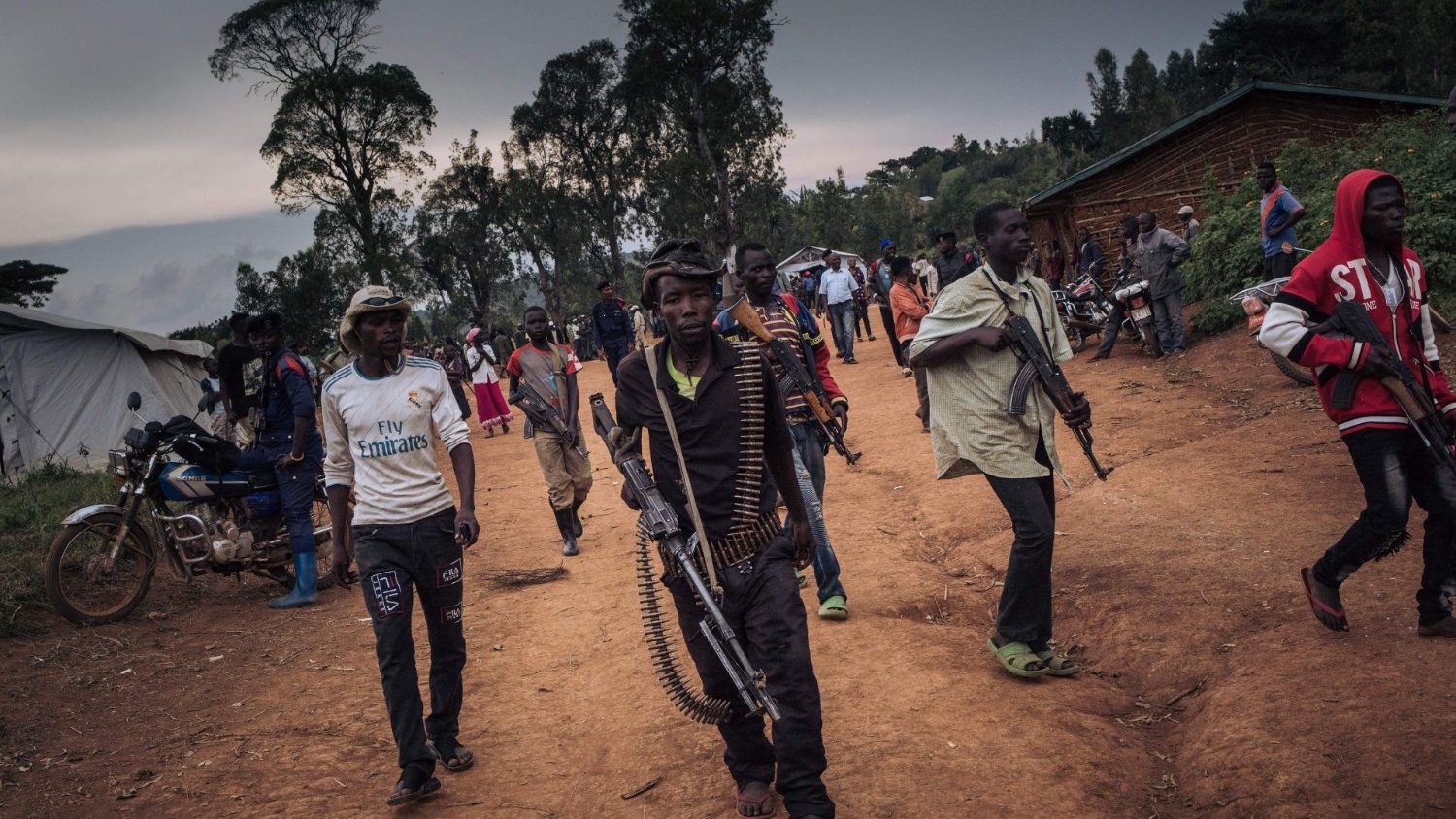
During
his visit to China on May 26, 2023, The Democratic Republic of Congo President,
Felix Tshisekedi, made a surprising revelation while speaking to the Congolese
diaspora.
He disclosed his inability to pacify his
country and blamed Rwanda for the inter-ethnic conflict between the Teke and
Yaka communities, in the Kwamouth territory.
This
area is located 100 kilometres from Kinshasa, where Tshisekedi's office is
based, and 1,500 kilometres from the Rwandan border.
From
June 2022 to May 2023, more than 300 people were killed in cycles of attacks
and reprisals between these communities.
In
addition to the loss of lives, villagers from the predominantly Teke and Yaka
communities engaged in a dispute over a customary tax and land access caused
damage, destruction, pillaging, and burning of hundreds of houses, as well as
schools and health centers.
The
Congolese forces deployed to quell the violence instead engaged in looting, and
sexual violence. More than 50,000 people have been displaced, and Kinshasa has
failed to provide adequate assistance.
The
Teke and Yaka conflicts are a result of Tshisekedi's poor leadership and a
strategy to plunge the country into chaos to prevent the December 2023 elections
from taking place. He envisions a two-year transition if the elections do not
occur.
"The
bloodthirsty invisible hands of Kinshasa" are believed to be responsible
for the conflict in the Kwamouth region in the west of the Democratic Republic
of the Congo (DRC). This was affirmed by the Bishops of the Ecclesiastical
Province of Kinshasa in a statement published on May 21, at the conclusion of
their assembly.
This
statement was a clear message to the Tshisekedi leadership, accusing him of
causing trouble in his country and engaging in a blame games.
By
blaming Rwanda for the Teke and Yaka conflicts, it is evident that Tshisekedi
lacks alternative strategies.
The
statement also states that: "In fact, starting from a land dispute, this
conflict is fueled by individuals defending hidden political and economic
interests.”
The
Bandundu region consists of Kwango, Kwilu, and Mai-Ndombe provinces, all of which
border Kinshasa, the capital city. A newly created armed group known as Mobondo
has killed more than 30 people in the Kwango province and is linked to the Teke
and Yaka conflicts. Civil society organizations in the region have criticized
the government's silence and inaction while more than 20,000 people have been
displaced.
Creating
insecurity in the Bandundu region is easy as many communities live in rivalry
and it aligns with the strategy of postponing the presidential elections
scheduled in six months.
In
the same region, on December 16 and 17, 2018, hundreds of attackers from the
Batende ethnic group killed at least 535 people and injured 111 others from
Banunu ethnic group, although the actual death toll is likely much higher. The attackers damaged, destroyed, and looted
over 1,500 houses, as well as health centers, schools, and voting locations.
Insecurity
in the region’s proximity to Kinshasa will make people understand that the
country is not safe as people in Kinshasa believe that the insecurity in a few
territories in the eastern part of the DRC would not hinder the elections.
Tshisekedi's
next target is to paralyze the economy of his predecessor, Joseph Kabila, by
allowing his militia to infiltrate Kabila's personnel and private park known as
Kikangati and his residence located in this region. This park, spanning 18,000
hectares, was launched in 2018 and receives hundreds of tourists daily due to
its proximity to Kinshasa, as well as its security and maintenance.
Tshisekedi
lives in political insecurity and fears his predecessor.
He
has evicted and imprisoned politicians who were loyal to Kabila and sidelined
senior soldiers with allegiance to Kabila.
For
Tshisekedi, everything is set in the Bandundu region to put it under siege,
just as he did in North Kivu and Ituri Provinces.
Blaming
Rwanda for the conflicts he has created himself will continue to expose his
incompetence in leadership and incapacity to govern the country.



